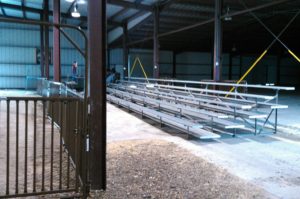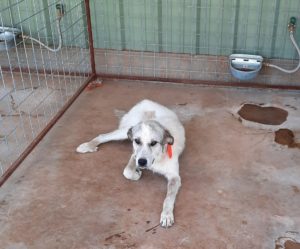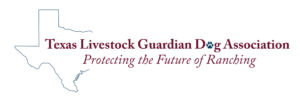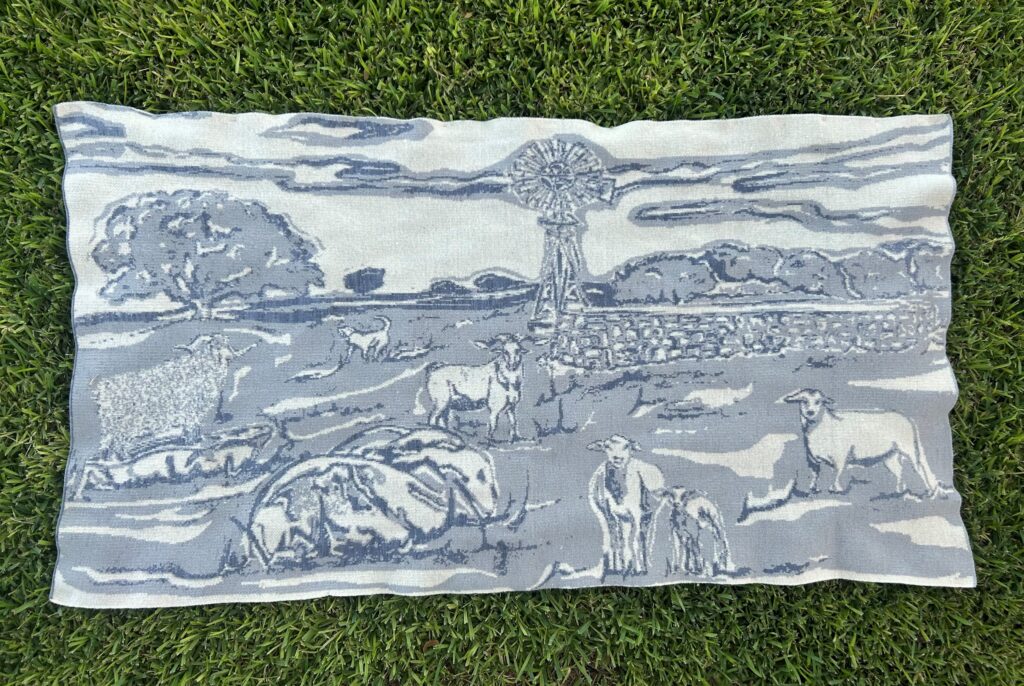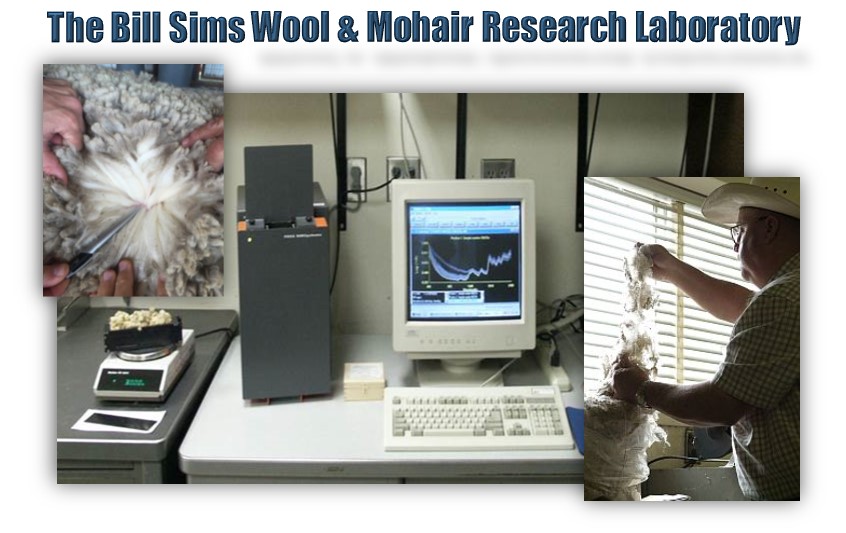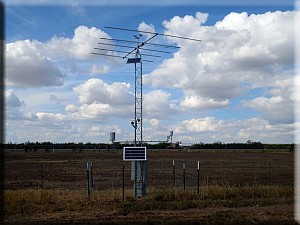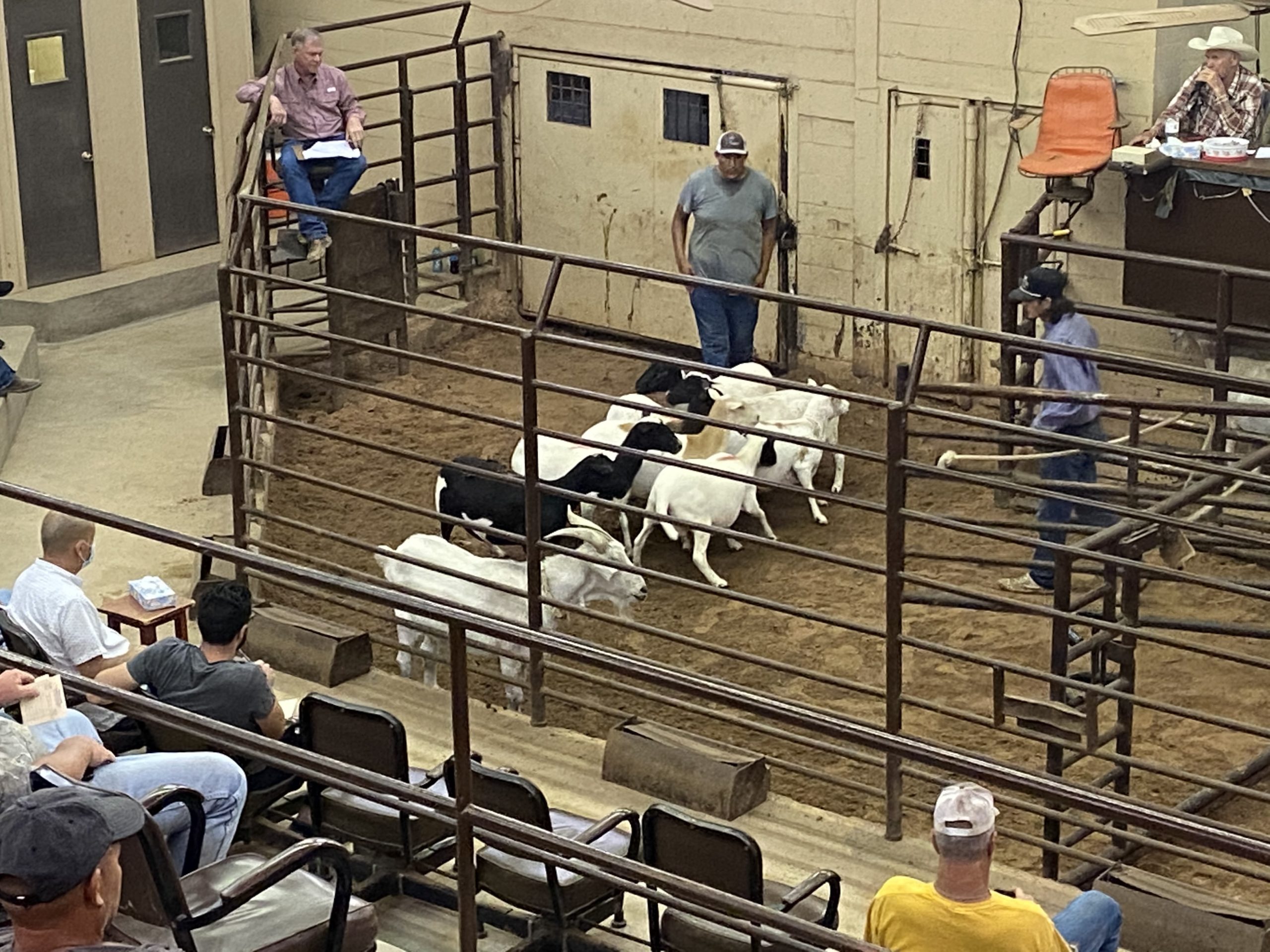Some cooler days finally showed up in late August around San Angelo. There were also a few scattered showers across the area too which were a welcomed sight. They weren’t enough to bring us out of the drought but at least they settled the dust for a day or two! Hopefully we will continue to get some rain to quench the dry fields and grow some feed for the hungry livestock.
AgriLife Livestock Guardian Dog Program: Events and Update
We will be holding our Fall LGD Field Day on October 21 in Hamilton at the Jayson Harris Pavilion, 1007 Park Road. The event will run from 8 a.m.-4 p.m. and consist of several workshops, a producer panel, and a local ranch tour. Vendors and LGD breeders will be onsite for producers to visit with also. If you would like to register for the event, please contact the AgriLife Extension Office in Hamilton County at 254-386-3919.
We are continuing to host our live Facebook LGD Q&A sessions usually on the first Thursday of the month at 3 p.m. Interest in the event continues to build with more producers posting questions they would like to have answered each month. Please make sure to provide as much information as possible about the issue you are having so that we can accurately answer your question during the sessions. Check our Facebook page @TAMUlivestockguarddog for the next live event.
LGDs & The Bonding Project Update
Round Four Pups
The pups from Round Four were all delivered to cooperating producers last month. Two of the producers received LoRa GPS tracking
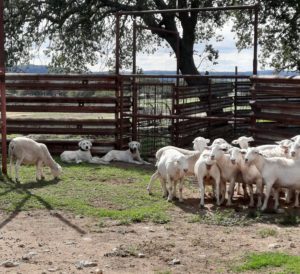
Cindy and Carol rebonding to sheep at a cooperating producers ranch in Junction. (Texas A&M AgriLife photo courtesy Costanzo 2022)
systems and trackers for their dogs. The other three cooperating producers received Oyster 3 cellular GPS trackers for each of their dogs. All the pups are doing well and adjusting to their new homes. We will use the GPS trackers to make sure the pups are not roaming off the ranch and to help determine areas of possible predator activity. The pups will receive socialization testing at 12 and 18 months of age, along with having roaming data collected. Each set of pups will receive an overall score measuring their success rate in the project at 18 months of age. This project is being funded by a grant from the National Sheep Industry Improvement Center (NSIIC).
Adult Dogs
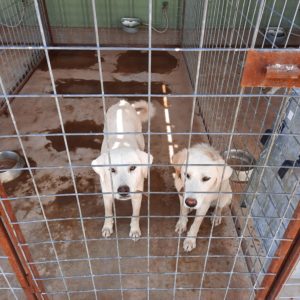
Sally and Sara hanging out in the kennel until they get moved to the invisible fence pastures for retraining. (Texas A&M AgriLife photo courtesy Costanzo 2022)
Sara and Sally are two high energy yearling Akbash X Great Pyrenees pups that we purchased from a breeder at the end of 2021 as bonded pups. They were purchased to add extra coverage to some yearling nannies at the ranch in Menard. Although they have roamed the ranch regularly, they have not left it until recently. We received a call from a neighbor about Sally being on his ranch in mid-August. We decided to bring the two pups to the Center for some retraining in the invisible fence pastures to see if it would decrease their roaming behavior.
Both Doc and Thelma dramatically decreased their roaming behavior at the ranch after being treated for three months in invisible fence pastures at the Center. We are hoping to see a positive outcome with Sara and Sally also after being placed in the pastures with the invisible fence for a few months. You can follow their progress on our Facebook page.
Thelma finished her antibiotic treatment for Ehrlichiosis in August but was still thin from the
disease. Her spirits are up, and she was put on a top-quality kibble with probiotic supplements to help her regain her body condition as quickly as possible. She will probably be at the Center until the end of September to regain body condition. LGDs should always be in a BCS of 4 to 5. A BCS of 3 or less is an indication that the dog is not eating metabolizing feed properly. A classic sign that a LGD has Ehrlichiosis is rapid weight loss and depression. Make sure to regularly administer flea and tick medication to your LGDs to prevent them from getting this bacterial infection.
In closing
If you enjoyed this monthly LGD blog, please don’t forget to subscribe to it with this link The Guardian Way | Texas A&M AgriLife Research and Extension Center at San Angelo.
To provide feedback on this article or request topics for future articles, please contact me at bill.costanzo@ag.tamu.edu or 325-657-7311.
The Texas A&M AgriLife Livestock Guardian Dog Program is a cooperative effort by Texas A&M AgriLife Research and the Texas Sheep and Goat Predator Management Board. Make sure to follow us on our social media sites and share them with your friends and family!
Facebook: https://www.facebook.com/TAMUlivestockguarddog/
Instagram: @tamulivestockguarddog
YouTube: https://www.youtube.com/channel/UCF7YbP6bNDV7___6H8mifBA
Don’t forget to check out the Texas LGD Association on online! Follow the organization at https://www.facebook.com/TexasLGDAssociation or check out their website!

